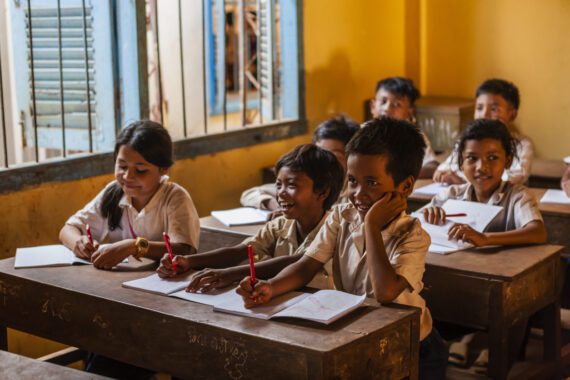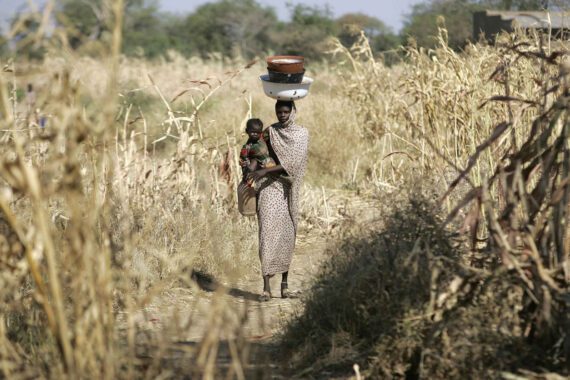By Rev. Dr. Angelique Walker-Smith
“I just want to be able to put food on the table and feed my family.”
These are the words of a young Haitian father who recently found refuge with his young family in Del Rio, Texas. He was one of almost 15,000 Haitian migrants camped in Texas after crossing from Mexico. The young father was responding to a reporter who asked him why he had come to the United States from Haiti. The young father explained that their journey was a response to the environmental and political instability in his beloved home country.
Many of us have felt outrage and deep concern in response to the horrific images of our Haitian neighbors being treated inhumanely at the U.S. border. In Congress, members of the Congressional Black Caucus, the Caribbean Caucus, the Haiti Caucus, and the Congressional Hispanic Caucus all denounced the shocking images of Customs and Border Protection agents riding on horseback, holding reins as whips.
U.S. Rep. Maxine Waters of California said that Haitian migrants were being mistreated because of their race. A September 23 feature story in the Washington Post by Tim Craig, Sean Sullivan, and Silvia Foster-Frau explored the history of this bias.
The NAACP Legal Defense Fund, the African American-led National Bar Association, and many other coalitions, including faith leaders, have raised moral and legal questions about the way Haitian communities have been treated now and historically. There is a particular sadness about U.S. policies that do not protect the human right of Haitians to seek asylum as have done refugees from other countries south of the U.S. border, Cuba being a notable example.
This sorrow is heightened at this vulnerable moment following the devastation of the August 14 earthquakes, which was immediately followed by Hurricane Grace. The two natural disasters left thousands of people dead, and many homes, churches, and schools destroyed.
Outrage about the mistreatment of Haitians at the U.S. border was amplified by other events during the same week that those horrific images were featured on the front page. On September 22, the Assembly of Heads of State at the United Nations commemorated the 20th Anniversary of the Durban Declaration in 2001, and members resolved to make the fight against racism a “high national priority.”
The theme of the meeting was Reparations, racial justice, and equality for people of African descent. On that same day, President Biden convened a global vaccine summit, which examined global equity issues regarding response to the COVID-19 pandemic.
And on September 23, the UN Secretary-General António Guterres convened the first Food Systems Summit. During the Summit Elizabeth Nsimadala, president of the Pan Africa Farmers Organization (PAFO) urged movement from dialogue to action.
Action is the theme of World Food Day 2021, which occurs on October 16: “Our actions are our future—Better production, better nutrition, a better environment, and a better life.”
The situation of Haitian communities dramatically illustrates why action must be taken to address historic and contemporary racism and inequitable food systems. As a planet, we must move with greater urgency towards the 2030 Sustainable Goals. May all find ways to do this in our communities.
Rev. Dr. Angelique Walker-Smith is senior associate for Pan African and Orthodox Church engagement.



